Broadly speaking, “no poo” means skipping traditional shampoo. It’s an approach and routine for cleansing hair without using conventional shampoo products. People are drawn to the no-poo approach for various reasons.
Some wish to avoid stripping away the beneficial natural oils produced by the scalp. Others prefer to cut down on synthetic ingredients in their daily care. For some, no poo is a way to resist commercial pressure to spend on hygiene products that may be unnecessary.
Shampoo typically contains detergents that clean the hair and additives that create lather. The word “chemical” doesn’t necessarily imply something unnatural or harmful. Increasingly, people want to learn more about the ingredients they use daily and how those substances affect their health and comfort.
Giving up shampoo doesn’t mean foregoing showers or washing your hair.
Instead of shampoo, followers of this routine often use baking soda followed by apple cider vinegar, or they rely solely on conditioner. There are also retail products that cleanse hair but aren’t technically labeled as shampoo.
No poo has grown into a trend with online communities available to help people learn and experiment with different ways of washing their hair.

What are the benefits of no poo?
Possible advantages of ditching shampoo include:
- healthier hair and a scalp that produces a more balanced amount of oil
- increased hair volume
- improved hair texture and reduced reliance on styling products
- lower exposure to potentially irritating ingredients
- less plastic packaging waste
- breaking a manufactured cycle of shampooing that dries hair, prompting product use to rehydrate, then shampoo again to remove those products
Is no poo for you?
Trying no poo is generally low risk. In fact, daily showers and shampooing are relatively new habits in human history.
If you have existing skin or scalp conditions, consult your healthcare provider or dermatologist before trying it. Otherwise, most people can attempt no poo.
Think about the following factors to decide if no poo might suit you:
- Going without shampoo may be harder if you have fine or thin hair since it can become oily more quickly. Rather than quitting abruptly, try lengthening the interval between washes over several weeks.
- Those with curly or very coarse hair may notice the greatest benefits from no poo because the scalp’s natural oils can help smooth and reduce frizz.
What’s the best no-poo method?
Different no-poo approaches will suit different people. The only way to know if a method works for you is to try it. While experimenting, monitor the condition of your hair and scalp, and consult a healthcare provider or dermatologist if concerns arise.
Any no-poo routine usually involves an adjustment phase in which hair can feel oilier than usual. Advocates say this transitional period allows the scalp to rebalance and begin producing the appropriate amount of oil for your hair. Anecdotal reports suggest the scalp makes less oil over time when not regularly stripped by shampoo detergents, although scientific evidence is limited.
Baking soda followed by apple cider vinegar
Pros:
- Baking soda creates a scrub-like paste, and many users report that apple cider vinegar leaves hair looking shiny.
- The ingredients are inexpensive.
Cons:
- This approach can irritate the scalp or disturb the natural pH balance of the hair and skin.
Coconut oil
Pros:
- It repels water, helping to lock in natural oils and preserve hair moisture.
Cons
- It can be tricky to rinse out completely.
- It may weigh hair down and leave it looking greasy.
Just conditioner or a dedicated no-poo product
Pros:
- These options are less likely to upset the scalp’s pH balance.
Cons:
- If not rinsed properly, they can make hair limp.
- They may not reduce spending or plastic use compared with standard products.
Washing with water only
Pros:
- This is the most inexpensive choice.
- It eliminates chemicals entirely.
Cons:
- Your hair might not feel or appear as clean as you’d prefer.
Other tips for healthy hair
Hair condition often reflects overall health. A nutritious, balanced diet and adequate caloric intake are important for healthy hair growth. Learn how good nutrition and proper care support strong hair.
Additional ways to protect and maintain hair include:
- Apply shampoo primarily to your scalp rather than the full length of your hair.
- Always follow shampoo with conditioner, focusing the conditioner on the hair ends.
- Wash as often as needed—oily hair may require more frequent cleaning, while older or color-treated hair often needs less frequent washing.
- Before swimming in a chlorinated pool, coat hair with conditioner and wear a swim cap to protect it.
The takeaway
There are multiple reasons to explore the no-poo approach, and several variations of the method offer different advantages.
No poo may be more suitable for some people than others, but it’s generally a low-risk experiment if you’re curious to try it.

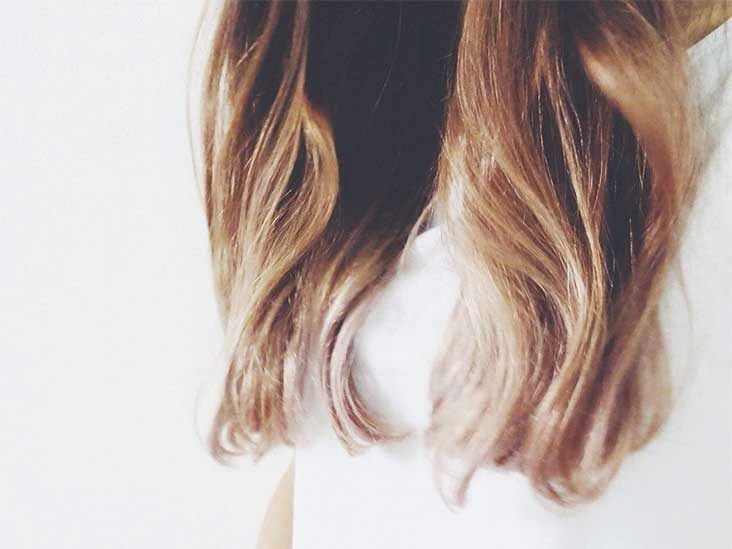
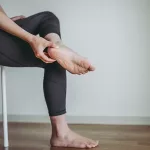
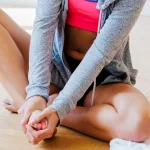
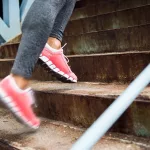

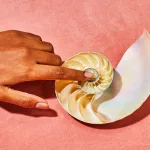

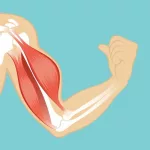
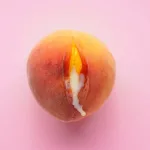
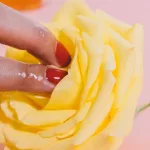


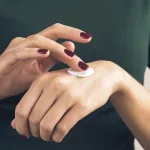
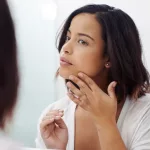
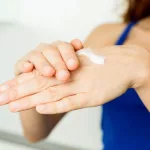
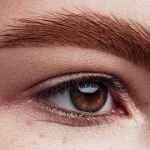
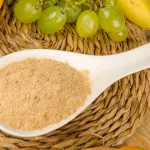
Leave a Reply
You must be logged in to post a comment.